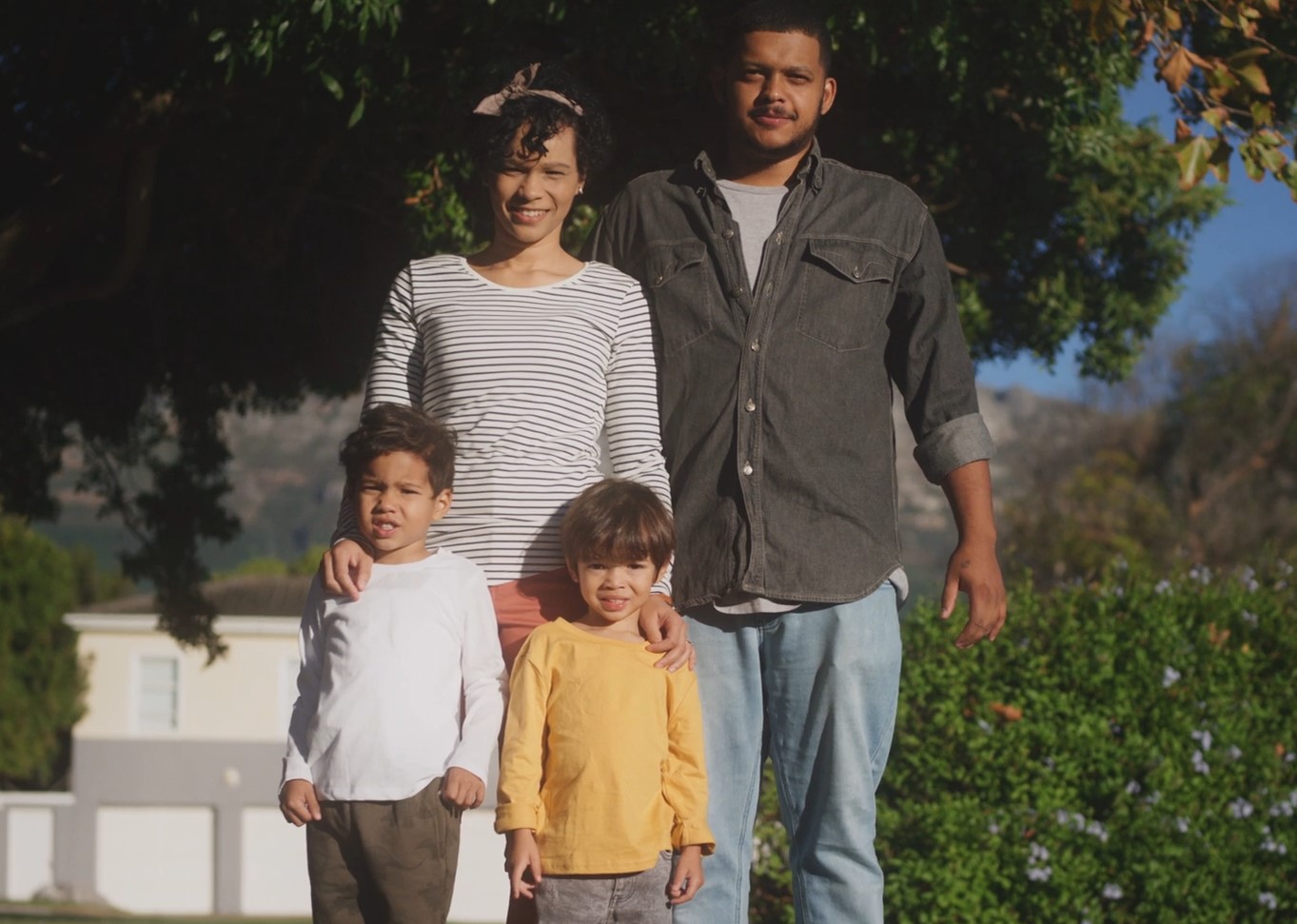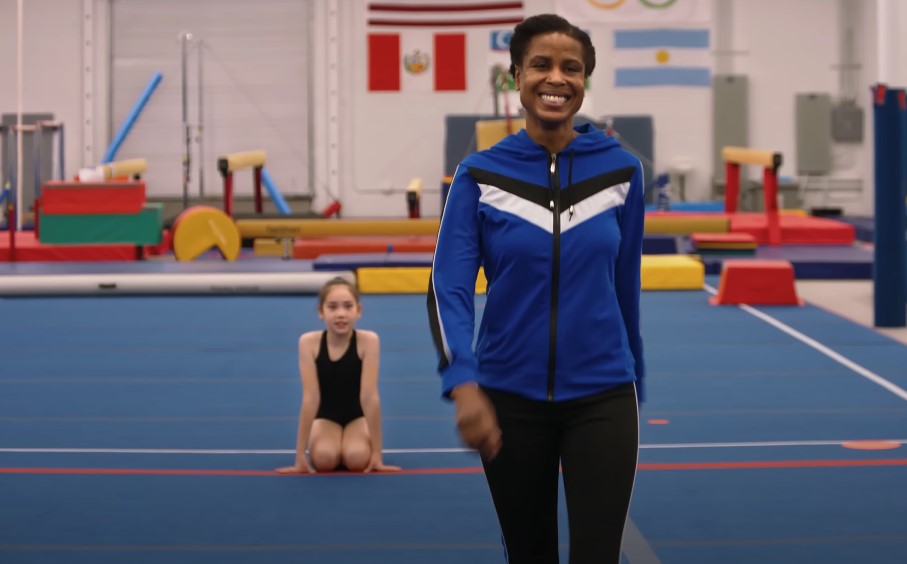Opening your heart to foster care is a meaningful way to support children in need. But the system is not always easy to grasp, and questions often arise.
Who needs foster care? How does it really work? And who can open their home to a child who needs a stable environment?
Let’s break it down together in a way that’s easy to follow, clear, and hopefully answers some of the questions swirling in your mind.
Key Takeaways
- Purpose of Foster Care: Provides temporary safe homes for children facing unsafe or unstable environments.
- Becoming a Foster Parent: Open to diverse backgrounds; requires stable accommodation, emotional resilience, and background checks.
How Does This System Work?
Foster care provides temporary, safe, and nurturing homes for children who can’t live with their biological families. Many times, this is due to challenging situations—abuse, neglect, parental illness, or substance abuse issues.
The goal is to ensure that children are cared for while working toward a more permanent solution. That might mean reunification with their family or a new start through adoption. Children can enter foster care for all sorts of reasons.
Sometimes, it’s because of unsafe home environments—situations involving neglect, abuse, or even abandonment. Other times, parents are dealing with issues that make it impossible for them to provide the care their kids need, such as severe illness or struggles with addiction.
In certain cases, parents themselves may seek help, voluntarily placing their children into foster care if they realize they can’t provide a stable environment.
How Are Children Placed?
The process starts with child protective services assessing a child’s circumstances. If staying at home is deemed unsafe, social workers step in to find a suitable foster family.
The priority is to place the child in a safe, stable environment while decisions about their long-term future are made—and this is where foster parents come into the picture.
Types of Foster Care
There isn’t just one type of foster care. Different families have different needs, and the system tries to accommodate those differences:
- Short-Term Foster Care: This is temporary. The goal here is to provide a safe space while plans are put in place—either for reunification with the biological family or another permanent solution like adoption.
- Long-Term Foster Care: Some children may not be able to return to their birth families, and adoption might not be an option. For those children, long-term fostering provides stability until they reach adulthood.
- Kinship Care: This is when children are placed with relatives or close family friends. The idea is to keep them connected to their roots while still ensuring a safe environment.
- Specialized Foster Care: Certain children come with unique needs—medical conditions, developmental issues, or behavioral challenges. Specialized care is for those who require extra support, often involving foster parents who have received additional training.
Roles and Responsibilities

The foster care system is a team effort, involving foster parents, social workers, and, when possible, biological families. Everyone has a part to play in making sure the child feels supported and cared for.
- Foster Parents: You are the heart of the foster care system. You provide a stable home, care, and a nurturing environment. Daily life with a foster child involves everything from helping with homework to attending therapy sessions—whatever it takes to meet the child’s needs.
- Social Workers: These professionals are in charge of overseeing the child’s welfare. They also provide support to foster families, guide the biological families through the reunification process, and work toward finding permanent solutions.
- Biological Families: Whenever possible, the goal is for children to go back home. Biological families often engage in counseling or services to resolve the issues that led to the child being removed. The endgame is to help them create a safer and healthier environment.
Support for Foster Parents
Foster parents aren’t alone in this journey. There are supports in place to help manage the challenges that arise:
- Financial Assistance: The cost of caring for a child is partially covered through an allowance provided to foster parents. It’s intended to help meet the child’s basic needs—food, clothing, school supplies.
- Training: Foster parents are not expected to have all the answers from the start. There’s ongoing training provided, aimed at preparing families for what might come up, whether that’s navigating behavioral challenges or understanding trauma.
- Therapeutic Services: Many children come into foster care carrying heavy emotional baggage. Counseling and therapeutic services are available, often a crucial part of helping a child feel safe again.
Can I Become a Foster Parent?

Many people think there’s a long list of strict qualifications needed to foster a child. The truth is, foster parents come from all sorts of backgrounds. The most important thing is having the right heart for it.
Basic Requirements
- Age and Residency: Typically, you need to be at least 21 years old. You must also have the legal right to live and work in the country where you want to foster.
- Accommodation: Stability is key. You’ll need to have a home that can comfortably accommodate a child—usually meaning a spare bedroom.
Personal Attributes
- Health and Character: Being in good physical and mental health is essential, as fostering can be emotionally demanding. Patience, resilience, and a genuine desire to support a child are qualities that really matter.
- Background Checks: To protect children, potential foster parents go through thorough checks, including criminal background screenings.
Your Lifestyle Matters Too
- Marital Status: You can be single, married, or in a committed relationship. What matters is having a supportive environment for the child.
- Employment: Full-time, part-time, or not working at all—you can still foster as long as you can meet the needs of a child. Some foster parents continue working while fostering, while others adjust their work schedules.
- Experience With Children: You don’t need to have children of your own. Being childless doesn’t disqualify you from being a great foster parent.
What Happens Next?
After deciding you’re ready, there’s a process to ensure you’re well-prepared:
- Application: First comes paperwork—filling out forms, sharing information about your family, and detailing why you’re interested in fostering.
- Training: Then, there’s training—mandatory courses that touch on what to expect and how best to support a foster child.
- Home Study: Social workers will conduct a home study, assessing your environment, lifestyle, and readiness to provide care. It sounds intimidating, but it’s really about making sure fostering will be a good fit for both you and the child.
- References: Finally, references will be called upon—friends, colleagues, or other people in your life who can attest to your character.
The Challenges and Rewards of Fostering

Fostering isn’t always easy. It comes with its own ups and downs, but the rewards can be incredibly fulfilling.
Challenges Foster Parents Face
- Emotional Strain: Kids in foster care have often experienced trauma. Supporting them through this can be tough and requires emotional resilience.
- Attachment: Forming bonds is both the joy and heartache of fostering. There’s always a possibility the child may return to their biological family or move on to adoption.
- Behavioral Issues: Many children in foster care deal with behavioral challenges as a result of their past experiences. It takes patience and persistence to help them heal.
The Rewards of Being a Foster Parent
- Making a Difference: Providing safety and love can completely change a child’s life. Watching them grow and heal is a remarkable experience.
- Personal Growth: Foster parenting offers a new perspective on what family means and what children need to thrive. It’s a journey of learning—for you and the child.
- Meaningful Connections: Even if a foster child eventually moves on, the bonds formed often stay for life. You become a part of their story, and they become a part of yours.
Why Foster Parenting Matters
@fostertheteens #fostercare #fostering #fosterparent #fyp #foster #teen #fostertheteens #fostermom #TheChallengeAllStars #DSWCutLoose ♬ Wonderful – Burna Boy
Foster care is about more than just providing shelter. It’s about providing hope, consistency, and love to children during a difficult time in their lives. There’s a real need for compassionate foster parents willing to offer the kind of stability these children desperately need.
Every child deserves a loving environment, a place where they can feel safe, valued, and heard. By becoming a foster parent, you’re not only changing one child’s world—you’re making the world better, one child at a time.
If you’ve ever thought about becoming a foster parent, maybe now is the time to explore what it might mean for you. The need is great, but the rewards are even greater.
Foster care can be challenging, yes, but it’s also one of the most significant acts of love and support that one human can offer another.
Ready to Learn More?
If you’re considering fostering or even just curious, there are many resources and local organizations ready to answer questions and provide more information.
Start by reaching out to a nearby child welfare agency. Someone will be there to guide you, support you, and answer the questions you may have—because every child deserves a chance at a stable, loving future.

